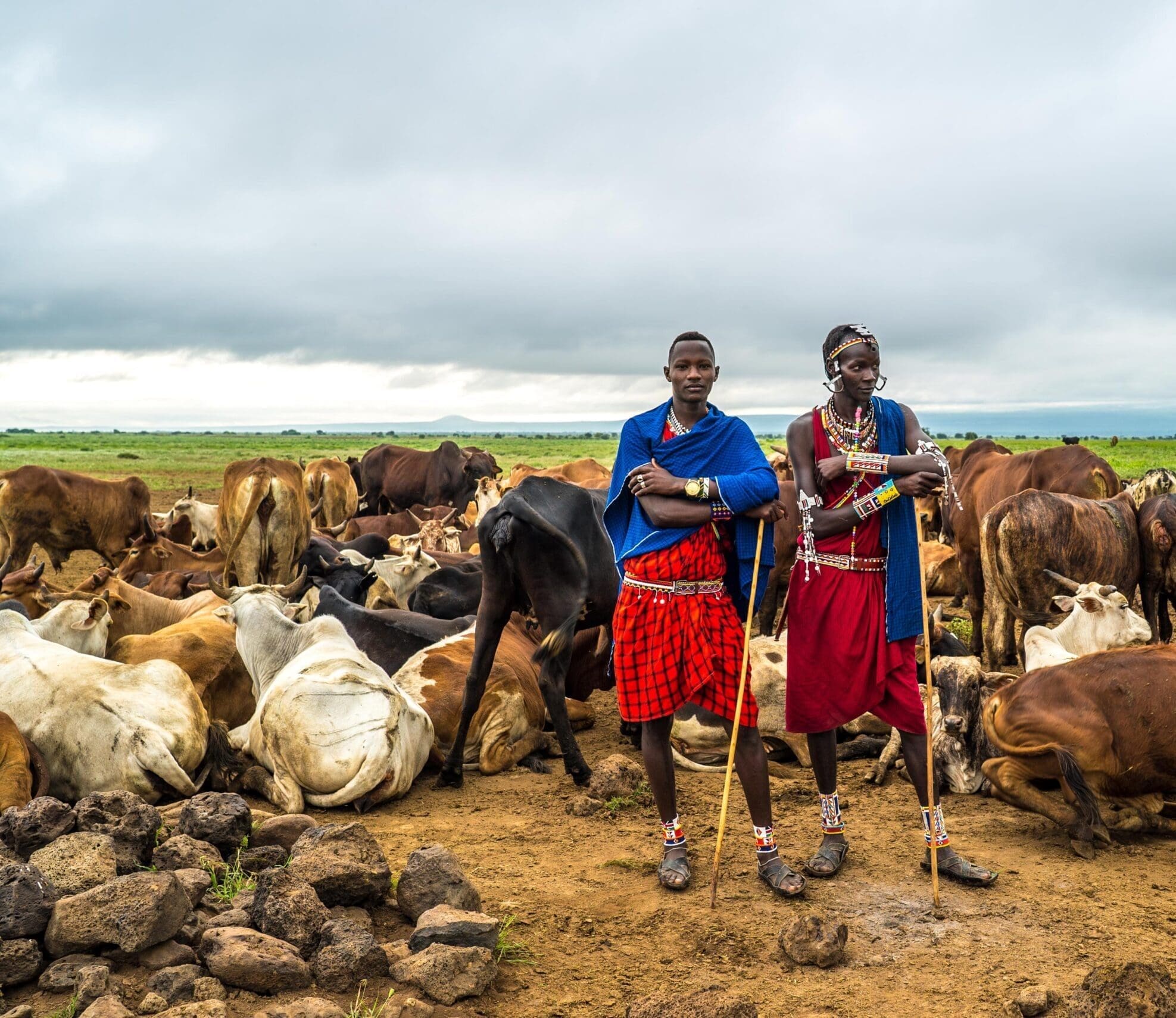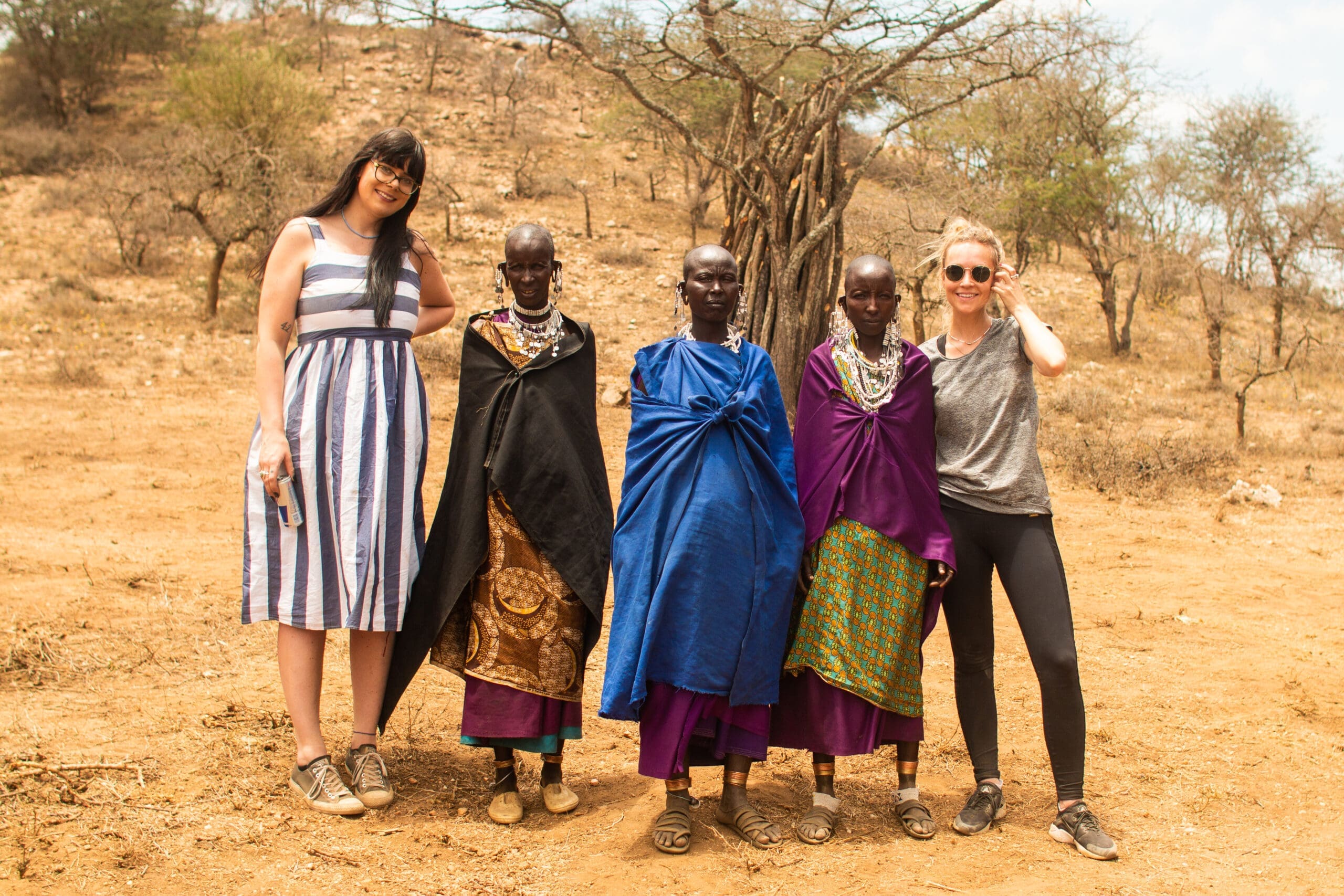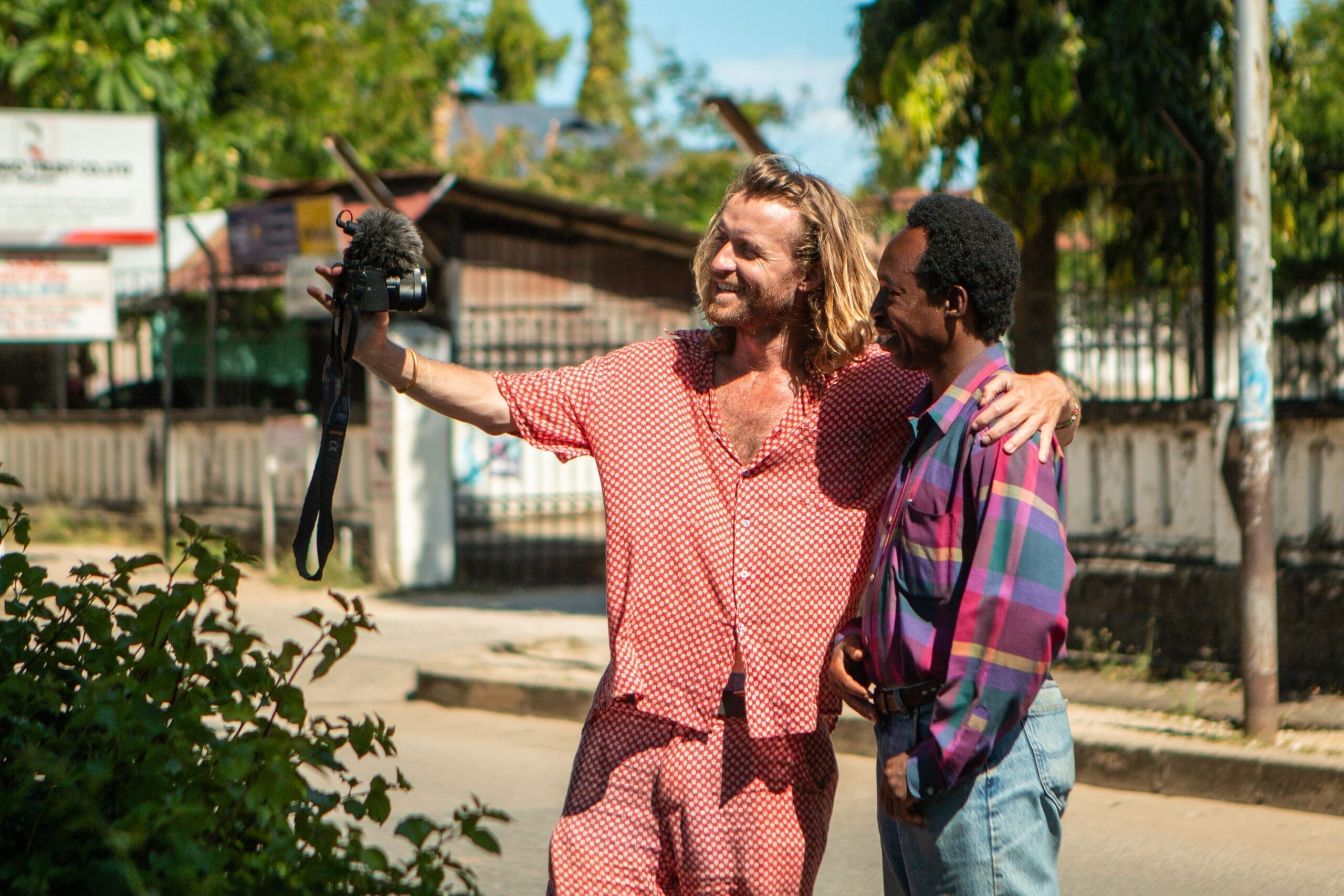Maputo Special Reserve
Maputo, with its Portuguese colonial charm, is not your typical African capital. Perched on a cliff overlooking the bay, it's often called "The Rio of Africa"!

The Rio of Africa
Maputo is the capital of Mozambique. The city is situated on a cliff overlooking the bay and is often referred to as the "Rio of Africa" (formerly Lourenço Marques by the Portuguese). Despite its colourful markets and vibrant nightlife, it is not a typical African capital, making it a unique place to visit. Why? In Maputo, the influence of Portuguese colonists is still very evident: the roads are wide and green, and there are many colonial, historical buildings.
For a long time, Mozambique was seen as a fantastic holiday destination until civil wars put a damper on tourism. However, peace has prevailed since 1992, and the white sandy beaches are once again attracting many visitors. As you walk through the streets of Maputo, the war feels like a distant memory. Recently, our royal family even announced plans to build a holiday retreat there!
Maputo’s railway station was designed by Gustav Eiffel, the same architect behind the Eiffel Tower—definitely worth a visit! Want to learn more about the country? Check out its turbulent history at the Museum of Revolution.



Maputo National Reserve
In Maputo Elephant Special Reserve, you’ll experience a unique safari with an incredible diversity of landscapes and ecosystems, where the Indian Ocean merges with dense forests and open African plains. Camp on a deserted beach by the blue sea, with elephants strolling past your tent!
A Bit of History
Before we dive into Mozambique’s safari parks, we first need to touch on its bloody past. This country, sandwiched between South Africa and Tanzania, has only been free from war for about 25 years. First, the Portuguese conquered it, then Mozambique was independent for two years before all hell broke loose—a ruthless civil war. Hunger, a seemingly endless conflict, and poor living conditions meant that every animal was hunted just to put food on the table. Over time, the parks became emptier and emptier until there was no wildlife left. Since the end of the civil war in 1992, efforts have been made to reintroduce wildlife, and slowly but surely, Mozambique's parks are filling up with animals once again. Better for us!
Beach, Sand, Elephant
Love beach holidays, camping, and our big, trunked elephant friends? Then this off-the-beaten-track experience is an unmissable bucket list item. About 79 kilometres from the capital, Maputo, you’ll find "Reserva Especial Maputo". Can’t pronounce or remember that? Just call it Maputo Elephant Reserve. After the land was stripped of life due to desperate hunger, leaving only around 200 elephants, conservation efforts began in 1975, bringing in elephants from other regions and releasing them here.
This untouched, unspoiled natural area spans roughly 70,000 hectares of lush greenery, bushland, lakes, floodplains, and rolling dunes that lead into vast, white sandy beaches bordering the azure-blue Indian Ocean.
There isn’t a single paved road in Maputo Elephant Reserve—off-road driving in your own 4×4 is the only way to explore. Besides the 200 or so elephants roaming this wilderness, the reserve sits right next to the sea, meaning you can wild camp directly on the sand. Imagine unzipping your tent to the sound of crashing waves, only to spot a four-legged giant strolling by. Beach, sand, elephant… what more could you want?!
Curious about other safari options in Mozambique? Find more info here!
Discover more of Mozambique
Or go through all our unique and authentic experiences
Tofo
Beautiful beaches, a lively market, and the freshest seafood you will ever taste.

Vilanculos
The gateway to one of the most beautiful regions in the Indian Ocean and an unmissable destination when exploring Mozambique.
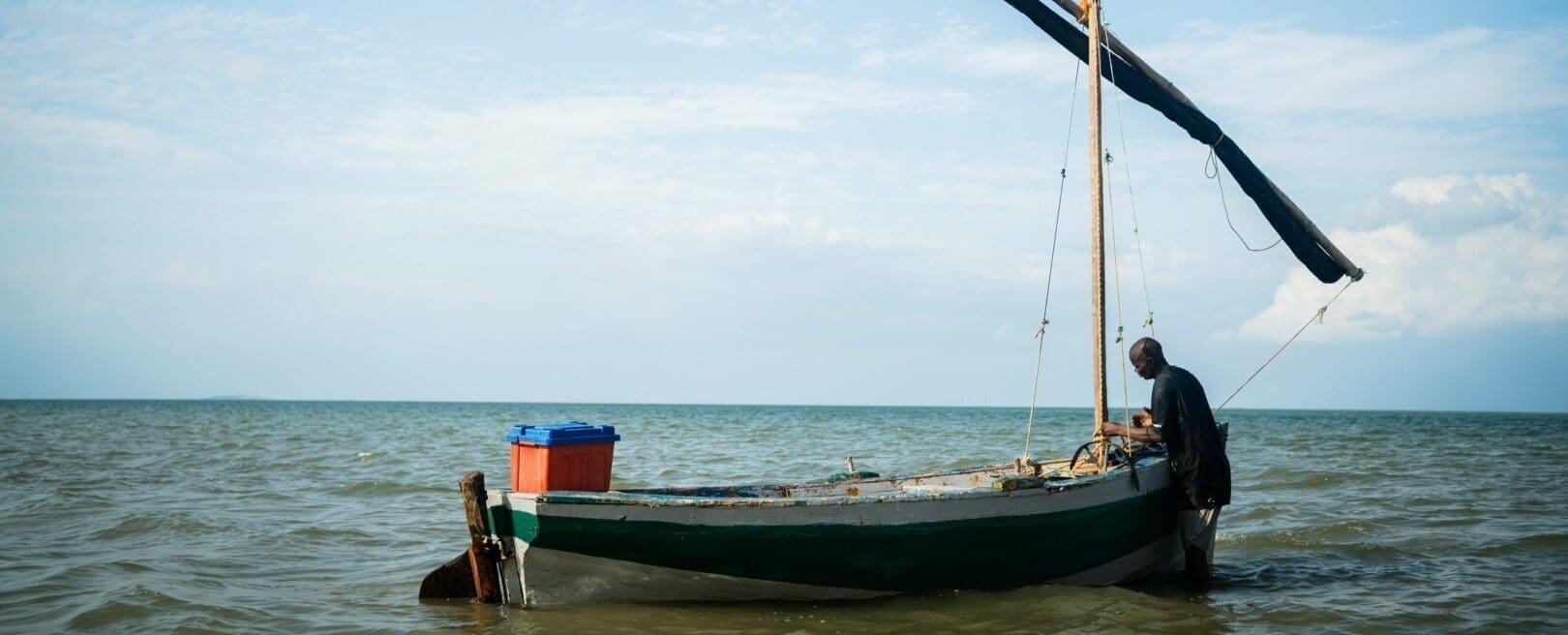
Enjoying the tropics
Thanks to the azure blue water, white beaches, accessibility, and great diving spots, this is a tropical destination.
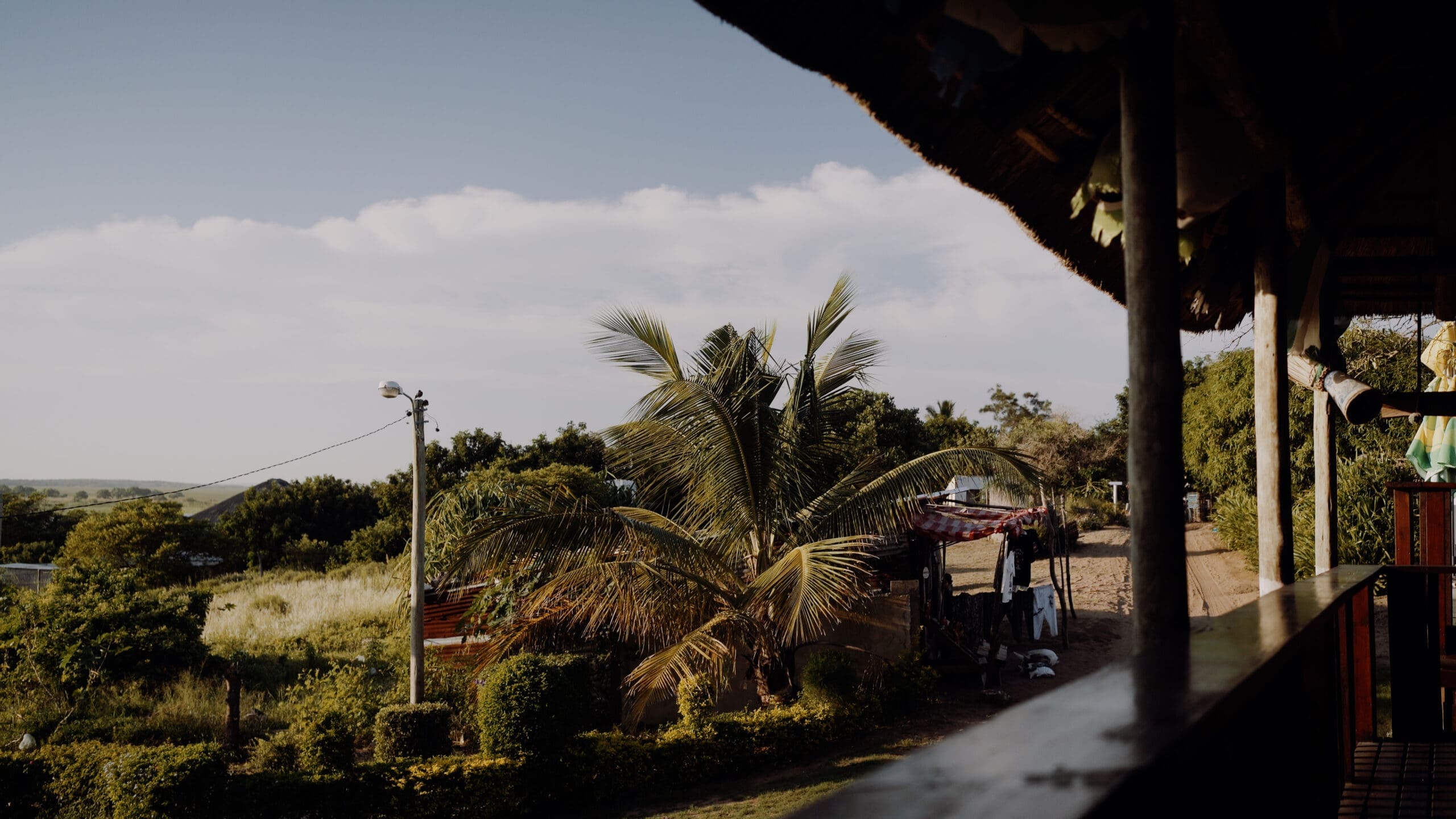

Need travel advice? Ask our Africa experts
Hungry for the unknown? Our Africa experts have answers to your pressing questions.
